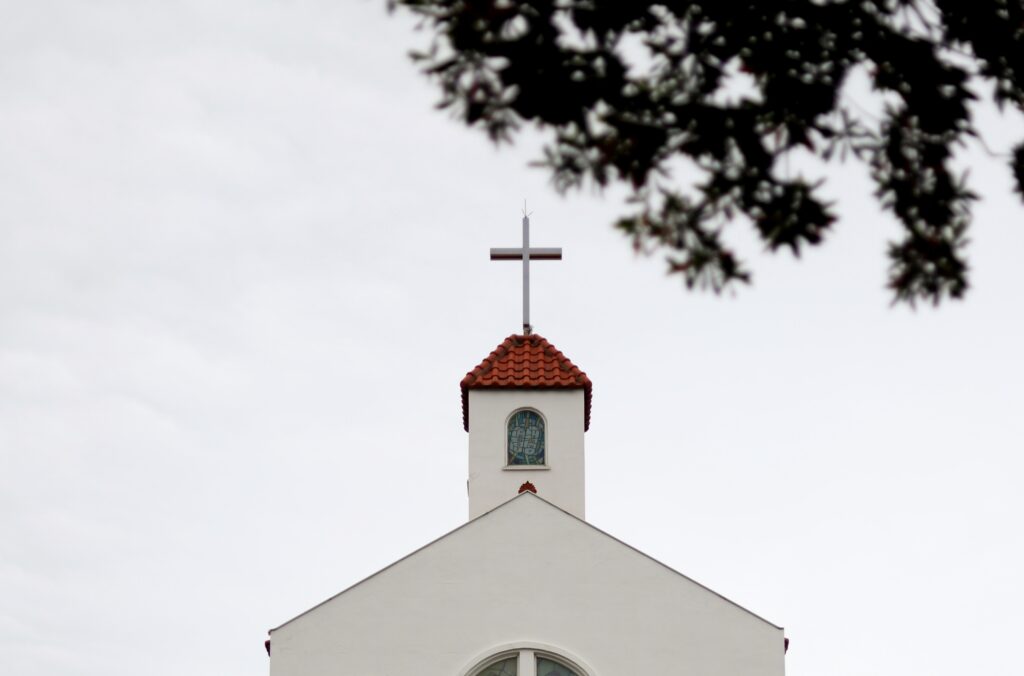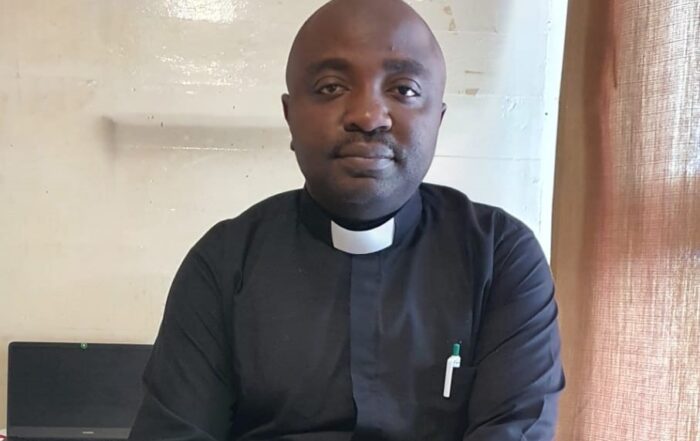The Church Needs Rosie the Riveter

When World War II called millions of men to the battlefields of Europe and the Pacific, many traditionally male jobs such as manufacturing were left understaffed. The need for manufactured goods was at an all-time high, but production was at an all-time low.
The answer? Recruit a previously untapped workforce and ramp up manufacturing infrastructure to produce goods that would support the war effort. Millions of women stepped into roles they never thought they would, immortalized by “Rosie the Riveter.” Their efforts helped secure an Allied victory and quite literally change the course of world events.
But why am I telling you this?
Because the church is in a similar position right now.
There is a global war on COVID-19, and we are all playing our parts. Whether you are a nurse or a doctor fighting on the front lines, a parent unexpectedly homeschooling your child, or simply someone practicing good social distancing, we are all in this together.
The worldwide war on coronavirus has put all of us in uncharted territory. Beyond streaming live worship and sermons, how do we continue to be the hands and feet of Christ? How do we live out 1 Thessalonians 5:14 (NLT)?
“Brothers and sisters, we urge you to warn those who are lazy. Encourage those who are timid. Take tender care of those who are weak. Be patient with everyone.”
The only way we can accomplish this during a quarantine is to empower more and more of our congregations to do the work of ministry.
Church is not a spectator sport.
And anyone who is in Christ has been called to ministry. Worship services held in separate living rooms makes interaction that much harder, inviting churches to think carefully about how they can keep their congregations connected.
The good news is that thousands of churches have already begun ramping up their digital infrastructure. Beyond livestreaming services, many churches are moving their small groups to Zoom, forming Facebook groups for parents of kids with special needs, creating digital “prayer rooms” with rotating facilitators, and offering technological assistance and training to the less-than-tech-savvy among us. And of course, there’s always the tried and true method of picking up the phone and calling someone.
But what happens when “things go back to normal?” Will this infrastructure be dismantled? It shouldn’t.
With everyone quarantined and isolated, the church has rapidly responded. And few have rejoiced more than those who are typically homebound and have for years longed to participate in community, teaching, and worship.
When things go back to normal, what becomes of those for whom isolation is normal?
In the fall of 1945, World War II ended. Soldiers returning home found factories that had once produced goods to meet the demands of a world war now producing goods for a nation at peace. This contributed to a post-war economic boom. When the COVID-19 crisis ends, the infrastructure we build to “do church” remotely can lead to a similar boom; a boom of including, caring for, and befriending individuals and families affected by disability.
If we keep the infrastructure in place that enables us to minister to and through our congregations, our churches can be places where being absent in person does not necessarily mean being absent in spirit.
The body of Christ is scattered now in unprecedented ways, but is no less unified.
The world needs Jesus and the world needs the church. Should the church make every effort to be accessible to people with disabilities? Absolutely! But for those who genuinely can’t come to church, surely the church can go to them. This crisis has highlighted that the church is not a building. The church is not an event. The church is people.
And if we are building new avenues for people to connect one to another because of this pandemic, then some good will have come out of this tragedy.
Written By—Ryan Faulk
Ryan Faulk works for Joni and Friends to equip churches in Southern California to evangelize and disciple people with disabilities. He is passionate about seeing churches reflect the heart of Christ for all people.

Do You Have Questions?
Contact us at [email protected] or call (818) 707-5664. We’re here for you. Your ministry’s success is our highest priority!





